Het arrangement Young local heroes h45 is gemaakt met Wikiwijs van Kennisnet. Wikiwijs is hét onderwijsplatform waar je leermiddelen zoekt, maakt en deelt.
- Auteur
- Laatst gewijzigd
- 11-05-2025 22:17:37
- Licentie
-
Dit lesmateriaal is gepubliceerd onder de Creative Commons Naamsvermelding-GelijkDelen 4.0 Internationale licentie. Dit houdt in dat je onder de voorwaarde van naamsvermelding en publicatie onder dezelfde licentie vrij bent om:
- het werk te delen - te kopiëren, te verspreiden en door te geven via elk medium of bestandsformaat
- het werk te bewerken - te remixen, te veranderen en afgeleide werken te maken
- voor alle doeleinden, inclusief commerciële doeleinden.
Meer informatie over de CC Naamsvermelding-GelijkDelen 4.0 Internationale licentie.
Aanvullende informatie over dit lesmateriaal
Van dit lesmateriaal is de volgende aanvullende informatie beschikbaar:
- Toelichting
- Deze les valt onder de arrangeerbare leerlijn van de Stercollectie voor Engels voor havo, leerjaar 4 en 5. Dit is thema 'Heroes'. Het onderwerp van deze les is: Young local heroes. Deze les gaat over heldhaftige daden en (jonge) helden in de eigen omgeving. De grammaticaopdracht gaat over mixed conditionals.
- Leerniveau
- HAVO 4; HAVO 5;
- Leerinhoud en doelen
- Engels;
- Eindgebruiker
- leerling/student
- Moeilijkheidsgraad
- gemiddeld
- Studiebelasting
- 4 uur 0 minuten
- Trefwoorden
- arrangeerbaar, engels, h45, heldhaftige daden, lokale helden, mixed conditionals, stercollectie, young local heroes

 The subject of this lesson is 'Young local heroes'.
The subject of this lesson is 'Young local heroes'.


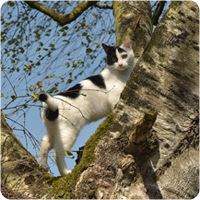 Speaking
Speaking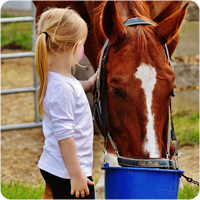 Listening
Listening

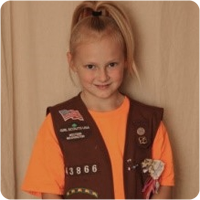 A 7-year-old Lynnwood Girl Scout was recognized in Edmonds Saturday afternoon for her efforts to save her 18-month-old brother from choking earlier this year. Annberly S., a member of Girl Scout Brownie Troop 43866, received a Medal of Honor from Girl Scouts USA during a ceremony Saturday at Edmonds Methodist Church. Because she is a minor, her parents have requested that her last name not be published.
A 7-year-old Lynnwood Girl Scout was recognized in Edmonds Saturday afternoon for her efforts to save her 18-month-old brother from choking earlier this year. Annberly S., a member of Girl Scout Brownie Troop 43866, received a Medal of Honor from Girl Scouts USA during a ceremony Saturday at Edmonds Methodist Church. Because she is a minor, her parents have requested that her last name not be published.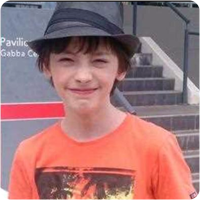
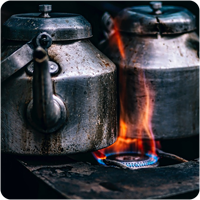 Grammar
Grammar
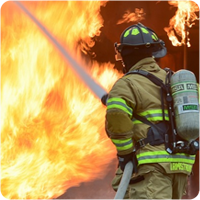 Writing
Writing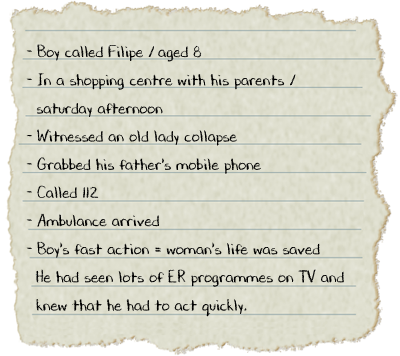
 Fill in the schedule and answer the questions below.
Fill in the schedule and answer the questions below.